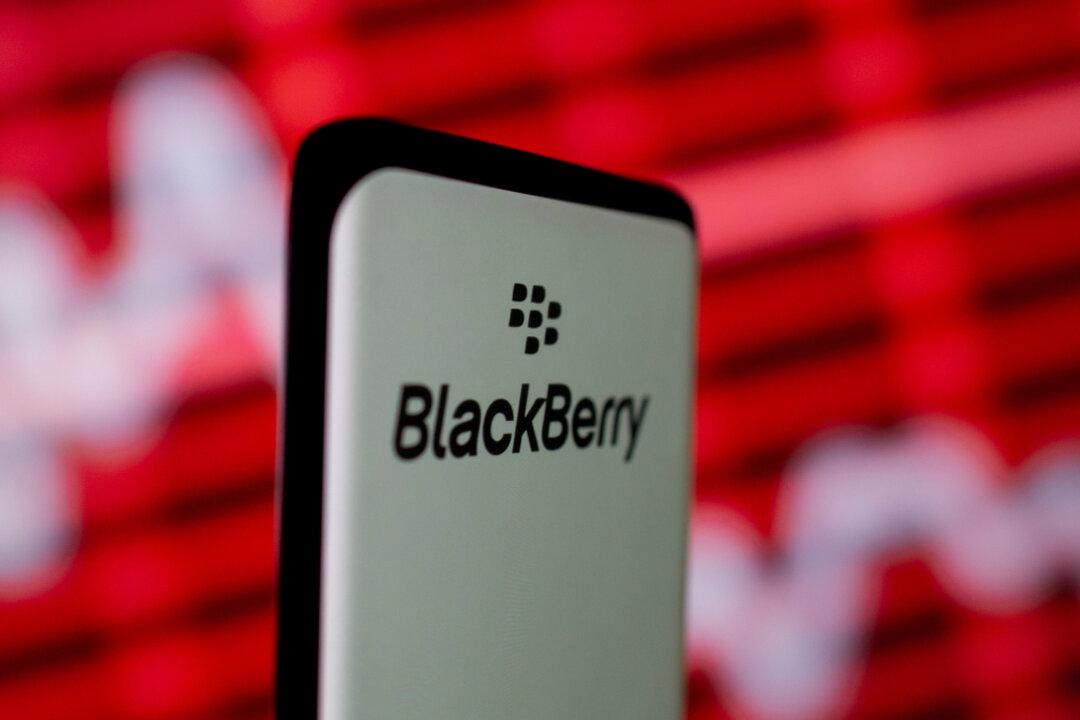Classic BlackBerry devices running on OS 7.1 or earlier will no longer be supported after Jan. 4, meaning the phones will effectively be rendered useless.
The company reminded customers of the change in a notification on Dec. 22.

Classic BlackBerry devices running on OS 7.1 or earlier will no longer be supported after Jan. 4, meaning the phones will effectively be rendered useless.